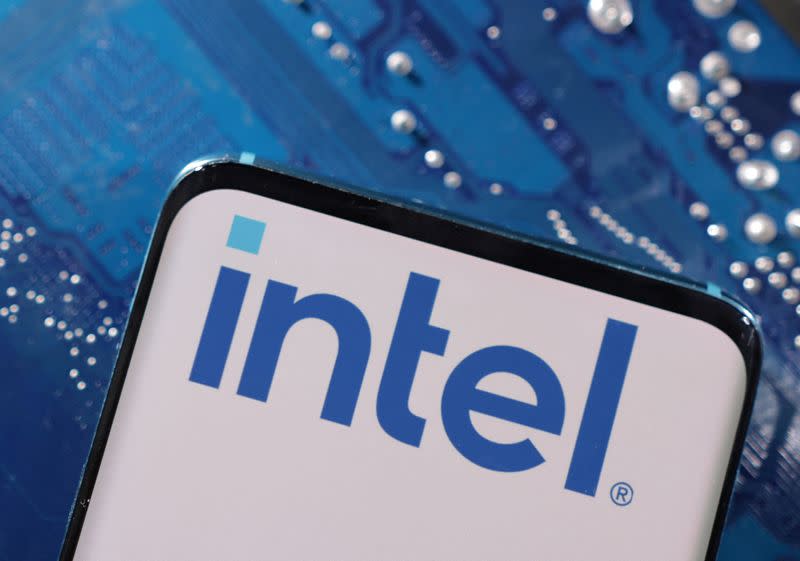Germany to offer aid only to strategic sectors after Intel subsidy -minister

BERLIN (Reuters) - Germany will promote specific projects in strategic industries after agreeing subsidies worth nearly 10 billion euros with Intel this week as the U.S. chipmaker said it would invest $33 billion in Germany, a minister said on Wednesday.
Intel's decision to develop two chip-making plants in Magdeburg was hailed by Chancellor Olaf Scholz as the biggest ever foreign investment in Germany but some economists said the subsidies would be better spent on education.
"There will be no funding for everyone, but only for selected projects," said Economy Minister Robert Habeck of the Greens party which shares power with Scholz's Social Democrats and the FDP Free Democrats.
Habeck said semiconductors were particularly important.
"They will be everywhere in future," he said at an event in Berlin, adding that the Intel subsidies were therefore an investment in economic security.
Other sectors being closely watched by the government included medicine, telecommunications, energy, logistics and transport, food and security services, he said.
Habeck stressed that the government had negotiated hard in negotiations with Intel. "They didn't get what they wanted. There were other amounts on the table as well," he said.
The economy ministry said earlier that the European Commission has yet to approve Berlin's subsidy plans for Intel.
(Reporting by Christian Kraemer; Writing by Madeline Chambers; Editing by Kirsten Donovan)


